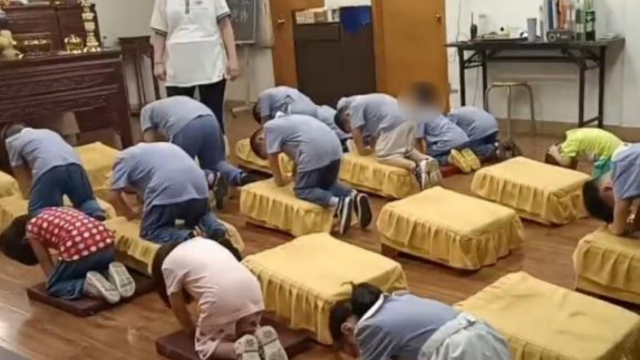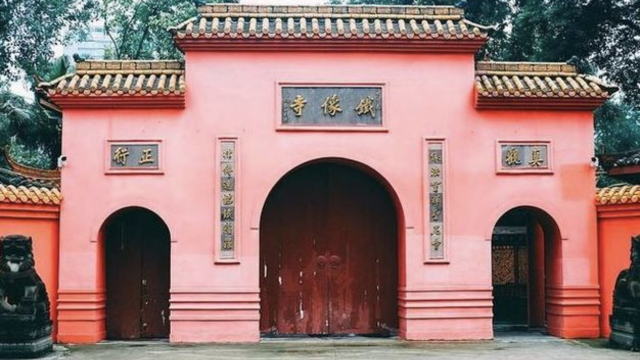
The Trump administration will begin the process of taking away the special trade and investment status it grants Hong Kong, in response to China’s decision to impose a national security law that end the city’s status as a separate legal jurisdiction, U.S. President Donald Trump said Friday.
In a brief speech, Trump also said he will start restricting some students from China from studying in the United States to prevent the transfer of sensitive technology, and consider new policies on what to do about U.S.-listed Chinese firms.
“My announcement today will affect the full range of agreements we have with Hong Kong from our extradition treaty to our export controls, on dual use of technologies and more, with few exceptions,” Trump said at a news conference in the White House Rose Garden.
“We will be revising the State Department travel advisory for Hong Kong to reflect the increase danger of surveillance and punishment by the Chinese state security apparatus,” he said. “We will take action to revoke Hong Kong as a separate customs and travel territory from the rest of China.”
China’s National People’s Congress ratified a plan on Thursday to impose a draconian sedition law on Hong Kong without going through the city’s own legislature; a dramatic departure from the promised “high degree of autonomy” promised to Hong Kong under the terms of the 1997 handover.
Chinese and Hong Kong officials “directly or indirectly involved in eroding Hong Kong’s autonomy” would face sanctions, added Trump.
Trump’s announcement follows Secretary of State Mike Pompeo statement Wednesday that he had told the U.S. Congress that Beijing’s imposition of a draconian national security law in Hong Kong show that the former British colony is not autonomous from China.
“Hong Kong does not continue to warrant treatment under United States laws in the same manner as U.S. laws were applied to Hong Kong before July 1997. No reasonable person can assert today that Hong Kong maintains a high degree of autonomy from China, given facts on the ground,” Pompeo said in a statement.
During his 10-minute speech, Trump also said his administration will also start expelling Chinese students believed to be involved in technology development projects for the People’s Liberation Army
“China’s theft of American technology, intellectual property, and research threatens the safety, security, and economy of the United States,” said a White House statement.
Pompeo told Fox News on Thursday: “We’re taking seriously the threat that students that come here who have connections deeply to the Chinese state, they shouldn’t be here in our schools spying.”
Explaining administration thinking on Hong Kong before Trump’s announcement Trump told Fox: “The President no longer believes that it’s justified to treat Hong Kong differently than we treat the rest of what takes place under the tyranny of the Chinese Communist Party.
Under the terms of the handover, Hong Kong was expected to bring in legislation banning acts of “treason, secession, sedition [or] subversion,” but city-wide protests and the likelihood of a pro-democracy landslide at Legislative Council (LegCo) elections in September have led Beijing to conclude that this might not occur for some time. An earlier version of the law was shelved following mass popular protests in 2003.
The law is also intended “to prohibit foreign political organizations from conducting political activities in Hong Kong, and to prohibit political organizations from establishing ties with foreign political organizations,” according to state media.
The decision will enable the authorities to “prevent, stop and punish” any activities deemed by Beijing to be subversive, or instigated by “foreign forces.” Such legislation has been used in mainland China to accuse journalists of spying, or to punish peaceful critics of the regime.
Source: Copyright © 1998-2016, RFA. Used with the permission of Radio Free Asia, 2025 M St. NW, Suite 300, Washington DC 20036. https://www.rfa.org.












